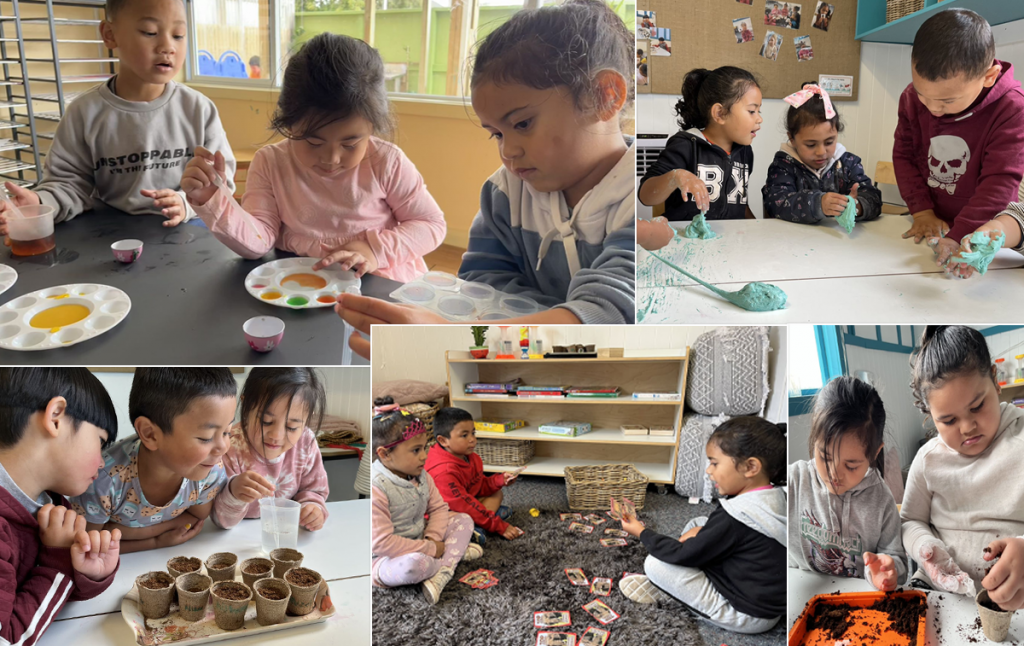
How to Manage a Child’s Challenging Behaviour
If your child is acting out in a challenging way, how you respond shapes their future behaviour? The right or wrong strategy can cause our kids to respond in the same way over and over again. That’s why it’s so important to use the right approach.
Luckily, educators and parents around the world have found many positive behaviour management strategies. These strategies help our kids recognize and manage their behaviour independently. We use some of these strategies at Grace Christian Community Preschool
Today, we’d like to share five approaches with you:
1- Keep Your Cool – If you see children hurting each other or being destructive, your first reaction might be to shout or tell them off. However, children learn by modelling the adults around them. If you keep your cool when angry, you immediately set a good example. This shows your kids how to keep control of their emotions and deal with their feelings when upset.
2- Listen to a Cry for Help – If your child asks for help when frustrated, don’t send them away. Listen to why they’re upset, and if another party is involved, get both sides of the story. Then, ask them what they think will solve the problem. Try and use this moment to teach them how to solve the problem on their own if it happens again.
3- Praise Good Behaviour – Children need to know when they’ve done something well. If you make a habit of pointing this out to them, they’ll likely remember.
The University of DMU found that children who are praised at least five times a day are calmer, more attentive, and better at managing their behaviour.
Therefore, one of the best ways to avoid kids acting out is by praising them when the opportunity arises.
4- Show Don’t Just Tell – When we step in and manage a challenging situation for our kids, they learn to rely on us instead of themselves. But what happens when we’re not around?
If we teach our kids what to do instead of doing it for them, they’ll be better prepared if they’re ever on their own. We can do this by role-playing, discussing with them, or reading books where their favourite characters solve problems.
5- Exercise, Food, Sleep – A tired, hungry or energetic child can suffer from irritability, behavioural problems or anxiety. Therefore, what we see as ‘challenging behaviour’ might be a symptom of a more critical need.
That’s why we have a ‘holistic’ approach to education at our New Lynn Childcare Centre, which considers all areas of a child’s well-being. So if a child is acting out, we look for the root cause and how we can support this.
We hope these tips help you at home. And remember, there are many different strategies; what’s most important is finding the right one for you.
If you need any help that isn’t already covered here, our staff are always on-site and happy to speak with you.

